Like North American StarCraft 2 and North American Counter-Strike, North American Dota 2 needs answers. Its teams lag behind the rest of the world, save for a couple of outstanding outliers. Canadian and American players make far less money and appear in far fewer tournaments than their European or Chinese counterparts.
Fortunately, the region is not without its experts. Mark “Tralf” Seidl has called North American action from the broadcasters chair and played enough games as an eHug support to offer some insight into what can help fix the North American Dota. I spoke with Seidl about the region’s underlying problems, the rise of Syed “Sumail” Hassan, and why the NEL matters more than people think.
It’s a common theme in esports, the “struggle of players in lesser regions.” Everyone likes to prognosticate about what players and teams should do differently to close the gap on stronger competition. As a North American (NA) player, is that depiction of the struggling player accurate?
Maybe it used to be, but I don’t think so much anymore. We have a really weird situation in NA Dota because, to be frank, we have some tier three teams and maybe one tier two team, and then we also have the best team in the world. Normally you don’t see this. Normally you see that the best team in the world is around the region where the generally stronger teams play. So, I think we have the exposure on a global scale because people recognize that Evil Geniuses is so strong.
Oh, I assumed you were talking about Summer’s Rift.
Oh, sorry, I should have cleared that up. (laughs)
But I think we have that global exposure. I’ve heard some people say that some Chinese players watch in-house leagues like NEL now because they know that members from Evil Geniuses will be playing. Now it’s just a matter of getting people as good. (laughs)
The thing is, the players are individually easily as talented as members of any other region. I don’t think that matters from region to region. It’s just a matter of how they go into the game and their strategies in the game.
So what causes that? Why is it that, after a handful of top players, there exists such a dramatic drop off in performance?
It’s really hard to pinpoint a couple of specific things. I wrote a blog a while ago, and I still stand by this, that players don’t really want to focus on the support role in NA.
Really? It’s something that specific?
I mean, there’s tons of other factors, but that’s the most specific thing I can say. NA players don’t like taking pride in support play. It’s very, very rare that you’ll hone in on someone in the scene and say, “Oh yeah, he’s honing in on his support skills.” That does not happen in NA.
The only person that comes to mind when he switched to Dota was [Peter “PPD” Dager], and that’s probably why he was so popular when he switched over. He wasn’t like, “I play core. Crap. I gotta pick support because everyone else picked core before me.” No, he would pick support and he would practice, and you don’t see enough of that in NA Dota.
What about yourself?
I mean, I’m trying. But, to be frank, I’m not that good. I’m a product of years and years of people not picking support. (laughs) Now, in other regions, I don’t think that’s true. My experience when I hop into a European server, there are plenty of players who say, “I will play support,” right off the bat.
Now a lot of people like to say that the problem with NA Dota is that teams switch their rosters all the time, and that’s true. But a lot of regions do that. China’s doing it, Europe does that, so I don’t think that’s an exclusively NA thing.
So what I’m hearing is that it all starts with pub games.
That’s where it starts, yeah. But I think it’s good to have things like in-house leagues not only to get noticed, but also because it’s… it’s kind of useless to play support in public games. I know I just said that we need better support players, but it’s useless playing support in pubs because you’re never going to play a game where what you’re doing can translate over to a real game. That’s where in-house leagues come in.
It’s interesting to hear you say that the NEL makes such a significant difference, particularly when the trash talk and presentation make it feel almost like a company softball league. Personally, I was shocked to hear that Syed “Sumail” Hassan came from that environment.
I actually first saw “Sumail” when he was playing DreamLeague qualifiers with what’s now part of Wheel Whreck While Whistling. This was like, last September or October. And I noticed that he was going something like 22-2 on Lina, but they were getting wrecked. So I talked to him, and I thought he was just a new face. Then I looked at his games and he’s played, like 4,500 games in just pubs!
So it might look to the public that he just came out of nowhere, but he’s just been practicing and practicing for so long to get to the level where he’s at.
That’s another common theme when people discuss how to improve a region: the idea that they just need to “work harder.” With Sumail’s story, I’m hearing that there’s actually some truth to that.
Oh yeah. Especially veterans get to a level where they think that, because they’ve been in the limelight before and they’ve played on pro teams before that they can kinda just waltz through and be the best and wander from team to team. I don’t think that works anymore because, if you look at Dota now and who’s winning now, it’s the fresh faces. It’s the people with new ideas, who are hungrier to get to the top.
Which, by the way, is very encouraging for the future of the game.
Yeah, and the reason why you don’t see more new blood, especially on a carry role—and this is why it was such a big deal for Evil Geniuses to find Sumail—is that when you see new people owning in the mid lane, people notice.
So what do you say to budding support players who are going to read this interview and think, “this is my chance to fill a needed role in the pro scene”?
Try to get your MMR higher and then play in-house leagues. The thing is, no one’s going to pick up a support player in a pub, and that’s why everyone plays cores, is because when random people are just observing games in the 6k bracket, you’re going to look at that Troll Warlord and say, “wow, he’s carrying his team!” You’re not going to look at the 4-11 Crystal Maiden.
And I want to say, I know I’m focusing on how important supports are, but in terms of the overall understanding of the gaming and knowing what you need to do in a game, that’s more important than just knowing how to play Crystal Maiden. teams in NA are still just a little confused about how to play the game. People rarely have a plan of how they want to approach a game, and at least from my experience, communication has been not-so-good.



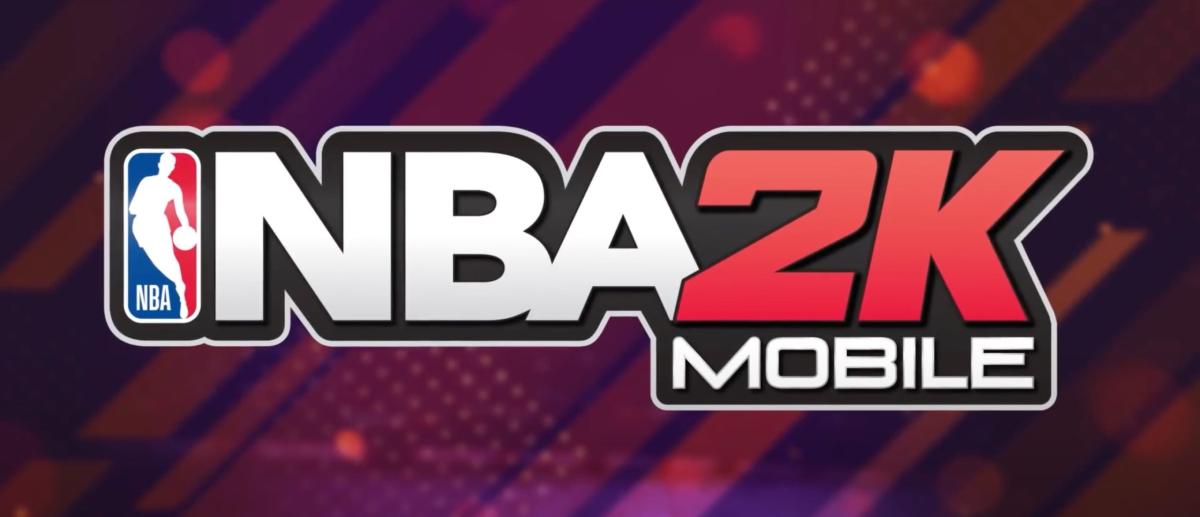
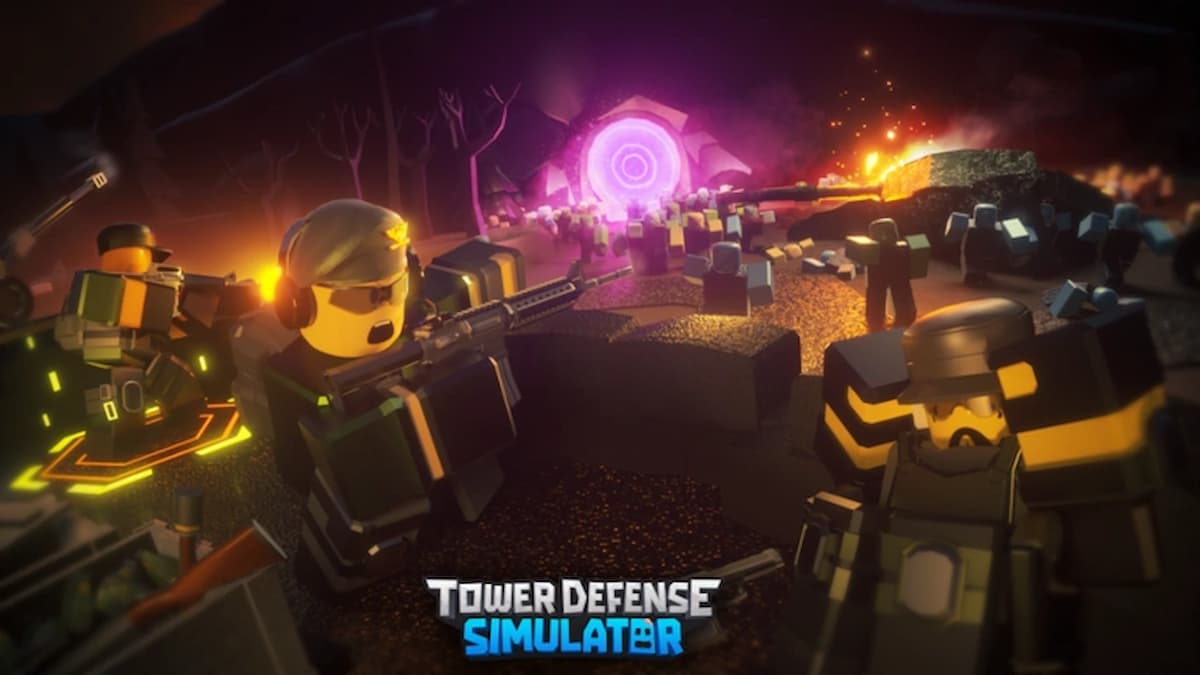
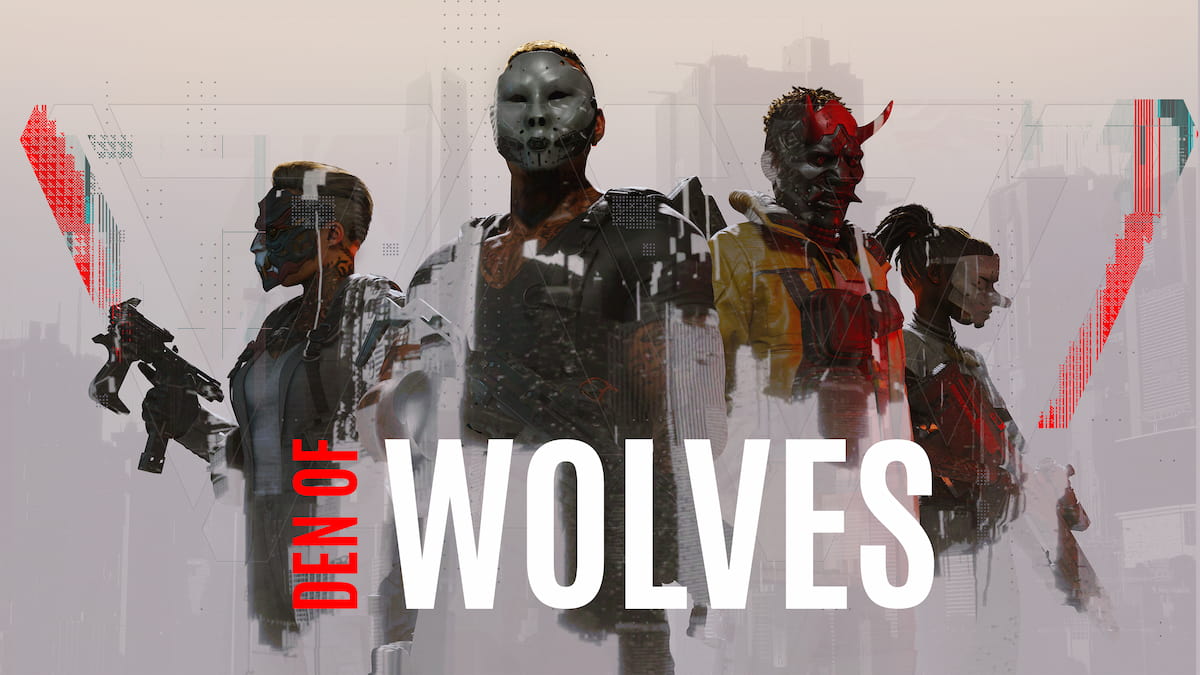
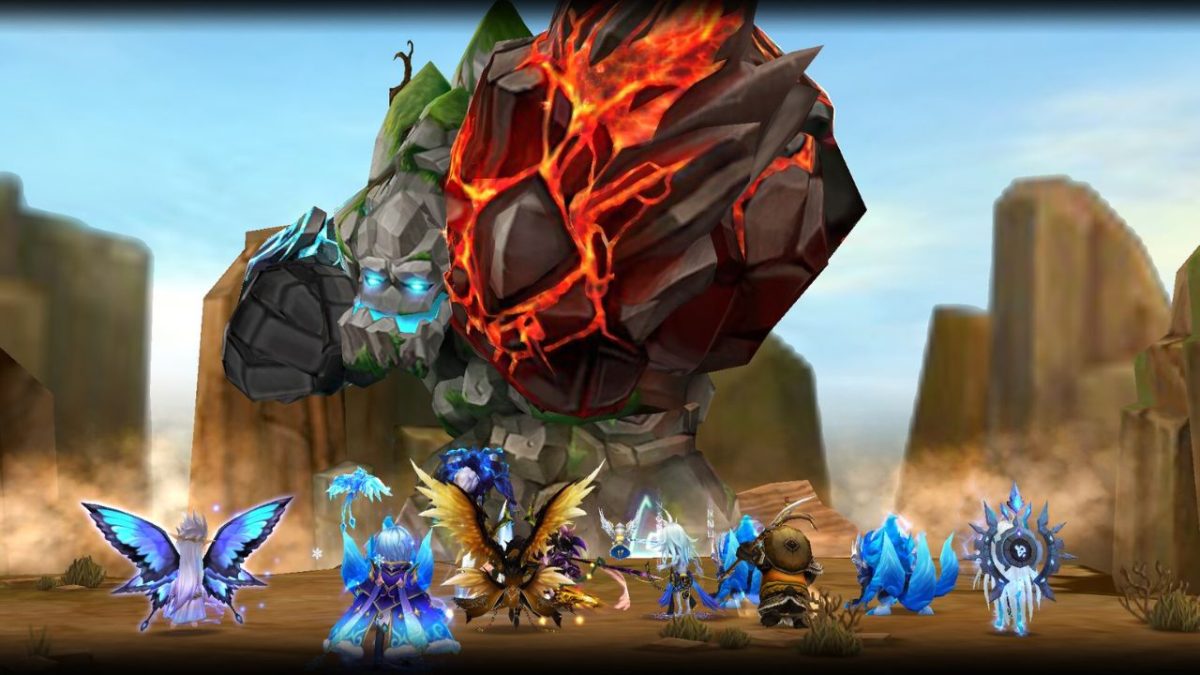
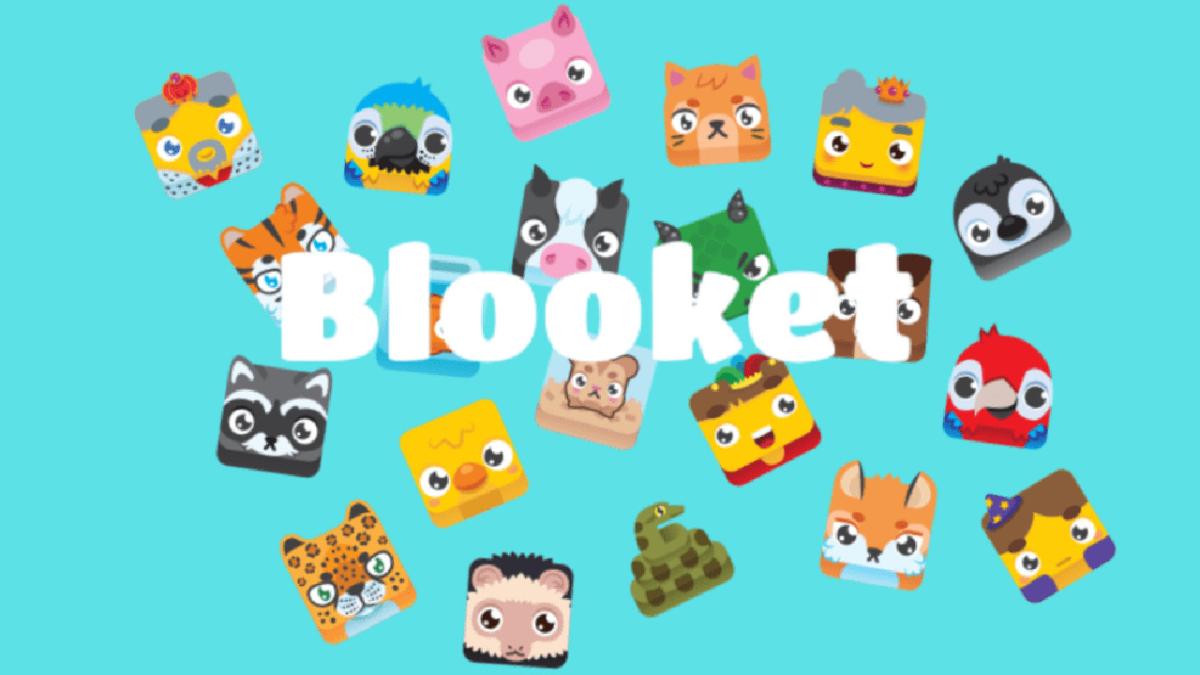

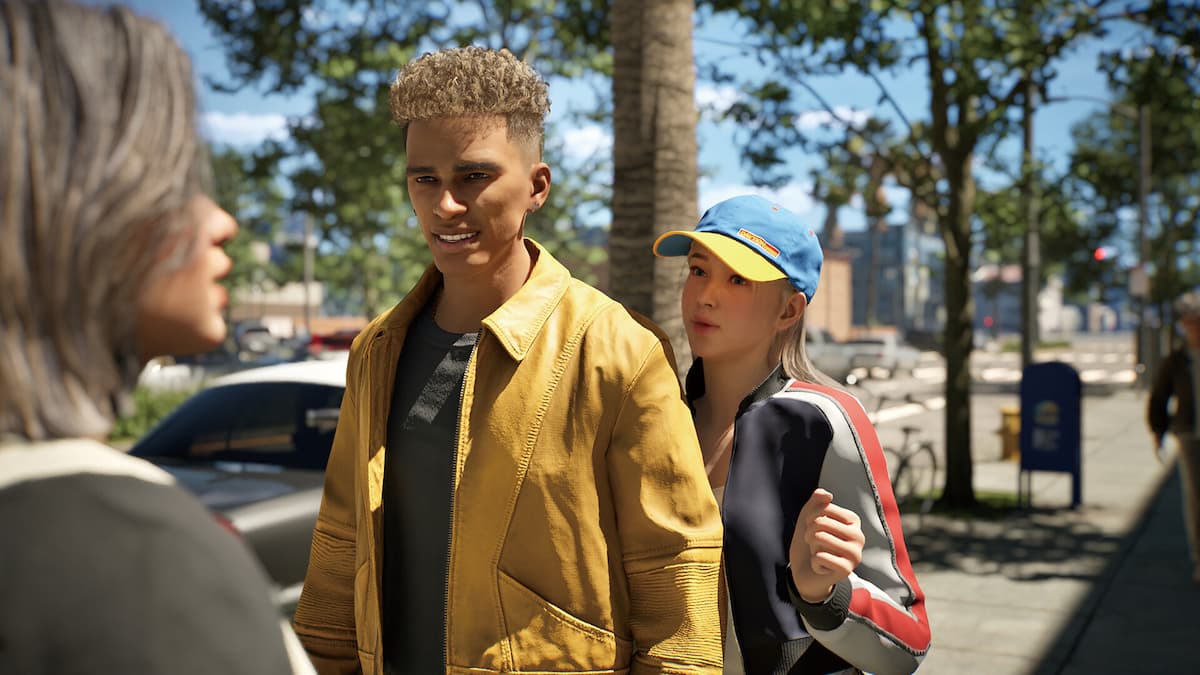

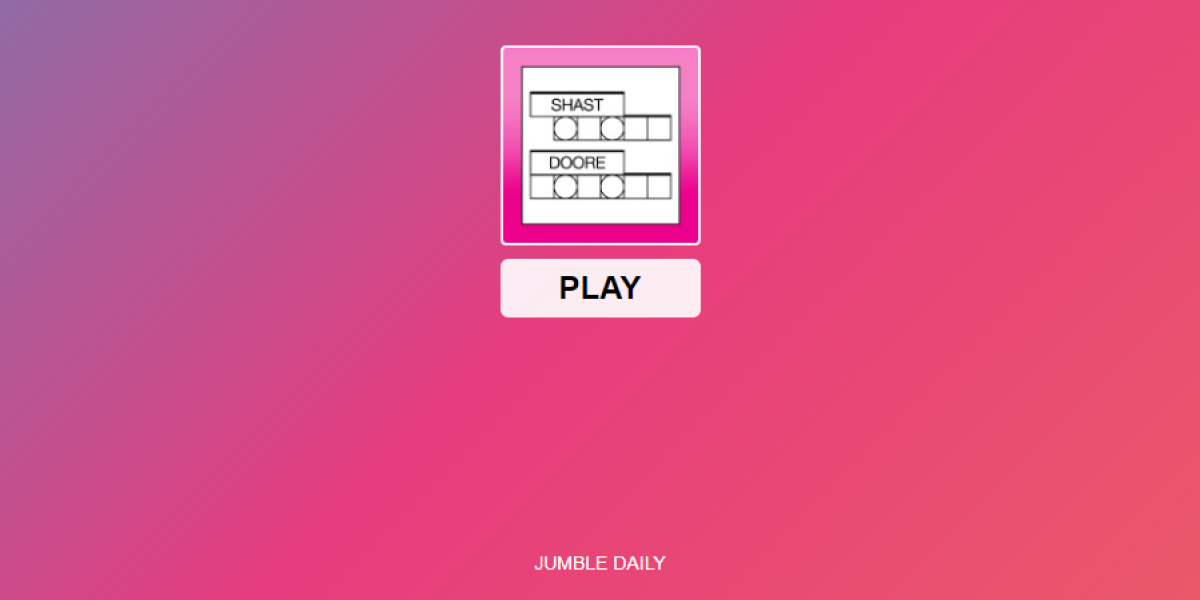
Published: Mar 13, 2015 09:00 am